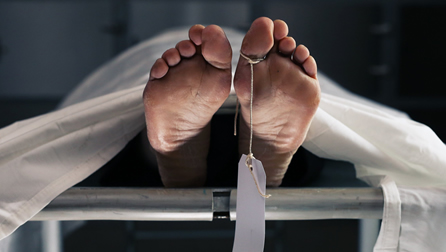
The death of a loved one can be incredibly difficult. You can feel depressed, anxious, angry, and overwhelmed. If that death happened unexpectedly as a result of an accident, or the negligence or actions of another party, it can be all the more overwhelming and awful. As you grieve your loss and find the strength …

Medical errors are a frighteningly common occurrence in our hospitals, emergency rooms, doctors’ offices, clinics, long-term care facilities, and even patient’s homes and pharmacies. A recent Johns Hopkins University study estimates that medical error is the third leading cause of death in America after heart disease and cancer, resulting in the deaths of 250,000 people …

Louisiana law governing wills and succession is a complex mix of statutes, including very old concepts such as the right of usufruct and forced heirship. Without an experienced Louisiana estate planning attorney, it can be next to impossible to ensure that your wishes or those of a loved one are carried out. A succession is …



